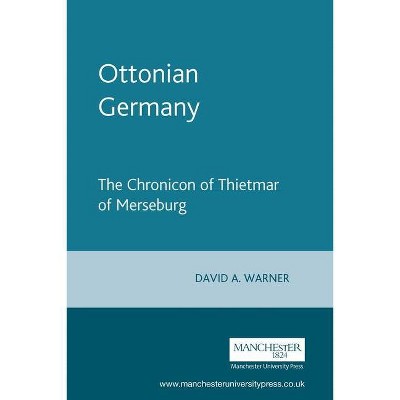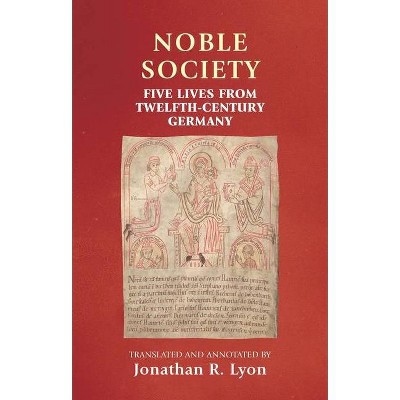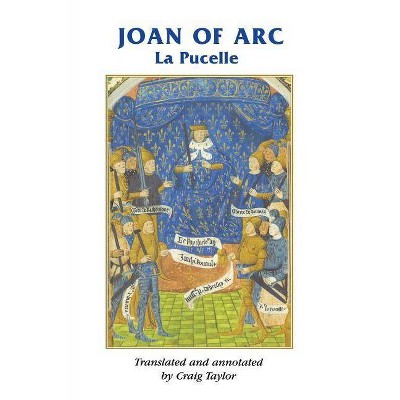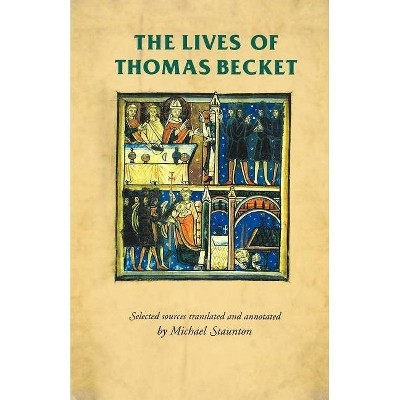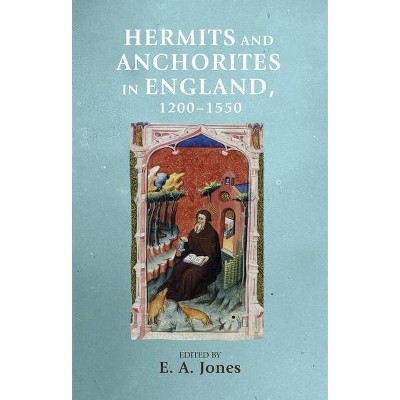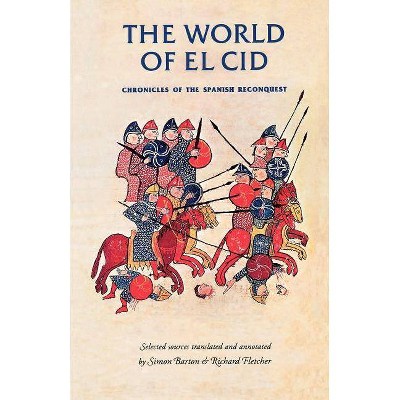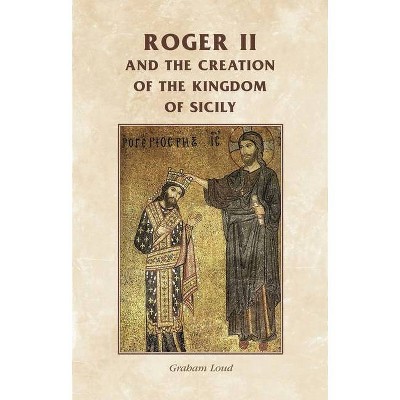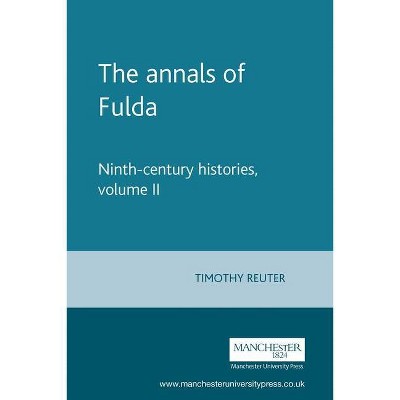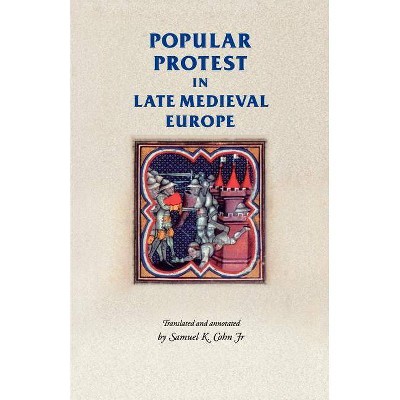Towns in Medieval England - (Manchester Medieval Sources) by Rosemary Horrox & Gervase Rosser & Simon MacLean (Paperback)
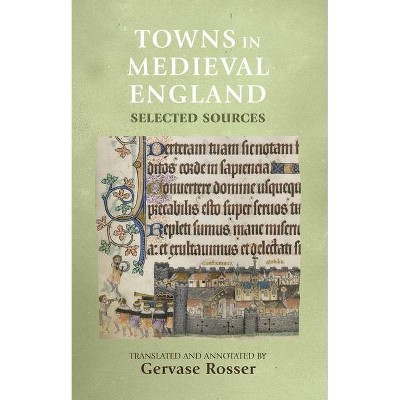
Similar Products
Products of same category from the store
AllProduct info
<p/><br></br><p><b> About the Book </b></p></br></br>Assembles a diverse range of texts to encourage and facilitate the study of medieval towns - a fresh incentive following the collapse of the city-based Roman Empire, shaped by the cultural and commercial currents of the time.<p/><br></br><p><b> Book Synopsis </b></p></br></br>This is the first collection of translated sources on towns in medieval England. It concentrates on the relatively well-documented centuries between 1100 and 1500, drawing on the rich variety of written evidence for this significant and dynamic period of urban development. Taking account of recent research on material and social aspects of urban life, the volume invites students to consider for themselves the challenges and the opportunities presented by a wide range of sources. The merchant, for example, is seen from different angles --as an economic agent, a religious patron and in Chaucer's fictional depiction. The introduction and commentary situate the extracts within the larger context of European urban history, and against a wider chronological backdrop. Suggestions for further reading enable the student to engage critically with the materials and encourage new work in the field. <br>The prominence of London and the other major cities is reflected in the selection; but due attention is also given to the large number of small market towns. Occasions of conflict are represented, as are examples of groups and societies which both contributed to and helped to contain the tensions within urban society. Changing indicators of wealth and poverty are considered, together with evidence for more complex questions concerning the quality of life in the medieval town. The book moves between the experience of urban life and contemporary perceptions of it from domestic furnishings to legends of civic origins and plays in which townspeople enacted their own history.<br><p/><br></br><p><b> From the Back Cover </b></p></br></br>This is the first collection of translated sources on towns in medieval England. Concentrating on the relatively well-documented centuries between 1100 and 1500, it draws on a variety of written evidence for this significant and dynamic period of urban development. Taking account of recent research on material and social aspects of urban life, the book invites students to consider for themselves the challenges and opportunities presented by a wide range of sources. The merchant, for example, is seen from different angles - as an economic agent, as a religious patron and in Chaucer's fictional depiction. The introduction and commentary situate the extracts within the larger context of European urban history, and against a wider chronological backdrop. Suggestions for further reading enable the student to engage critically with the materials and encourage new work in the field. The prominence of London and the other major cities is reflected in the selection, but due attention is also given to a number of small market towns. Occasions of conflict are represented, as are examples of groups and societies which both contributed to and helped to contain the tensions within urban society. Changing indicators of wealth and poverty are considered, together with evidence for more complex questions concerning the quality of life in the medieval town. The book moves between the experience of urban life and contemporary perceptions of it - from domestic furnishings to legends of civic origins and plays in which townspeople enacted their own history.<p/><br></br><p><b> About the Author </b></p></br></br><br>Gervase Rosser Teaches Medieval and Renaissance History and History of Art at the University of Oxford, where he is a Fellow of St Catherine's College<br>
Price History
Price Archive shows prices from various stores, lets you see history and find the cheapest. There is no actual sale on the website. For all support, inquiry and suggestion messagescommunication@pricearchive.us
